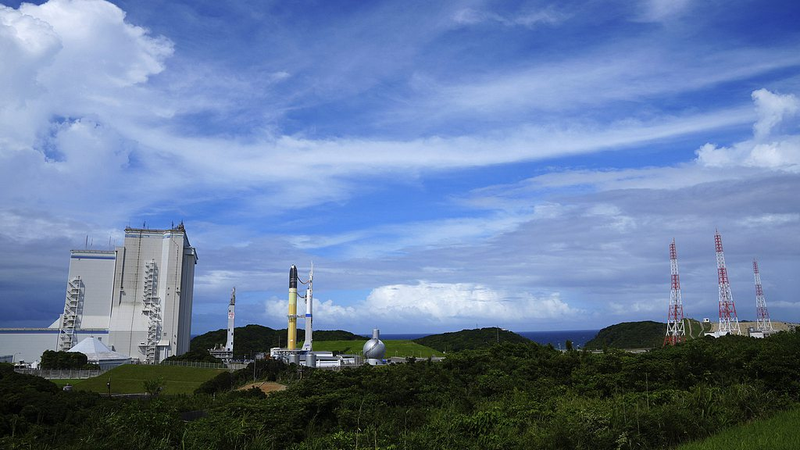A close call, a big opportunity: In 2029, asteroid Apophis will streak by Earth at just 32,000 kilometers—closer than many geostationary satellites. Far from a threat, this near miss is a golden ticket for scientists worldwide.
The Japan Aerospace Exploration Agency (JAXA) will join the European Space Agency’s (ESA) Ramses mission, offering its new H3 rocket as a launch vehicle "on behalf of humanity worldwide," says JAXA Vice President Masaki Fujimoto. Beyond the lift power, JAXA is eyeing a 2028 ride-share of its deep space explorer DESTINY+ alongside Ramses, and will supply key infrared sensors and solar array paddles for the probe.
Studying Apophis’s close approach isn’t just a cool tech demo—it’s a crucial rehearsal for planetary defense. With NASA’s OSIRIS-APEX mission facing budget uncertainty, Europe and Japan are doubling down on cooperation in deep space. The two agencies reaffirmed their partnership in NASA’s Artemis lunar program earlier this year and are also teaming up on satellite constellations, including Europe’s IRIS² network.
Meanwhile, Japan’s leadership in launch services is grabbing headlines: Eutelsat signed a multi-launch deal for H3 rockets with Mitsubishi Heavy Industries, and a joint lunar rover mission with India—LUPEX—is in the works. As geopolitics shift space policies worldwide, the Apophis flyby could be the spark that ignites a new era of global space teamwork.
For young explorers, entrepreneurs, and changemakers, this mission offers a front-row seat to innovation in action—and a reminder that when it comes to space, collaboration is the ultimate launch pad.
Reference(s):
Japan to join European mission for Earth's close call with asteroid
cgtn.com



